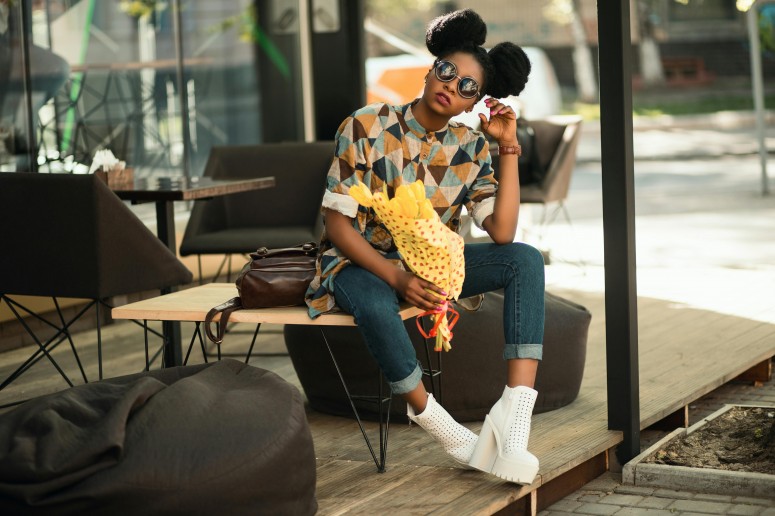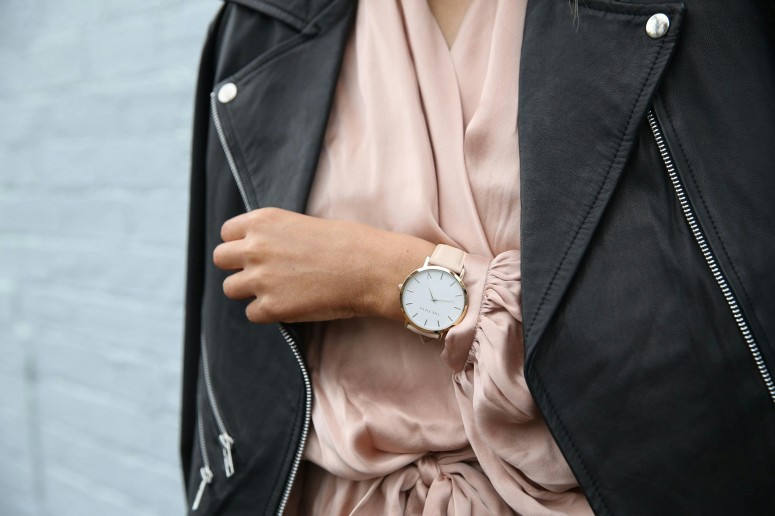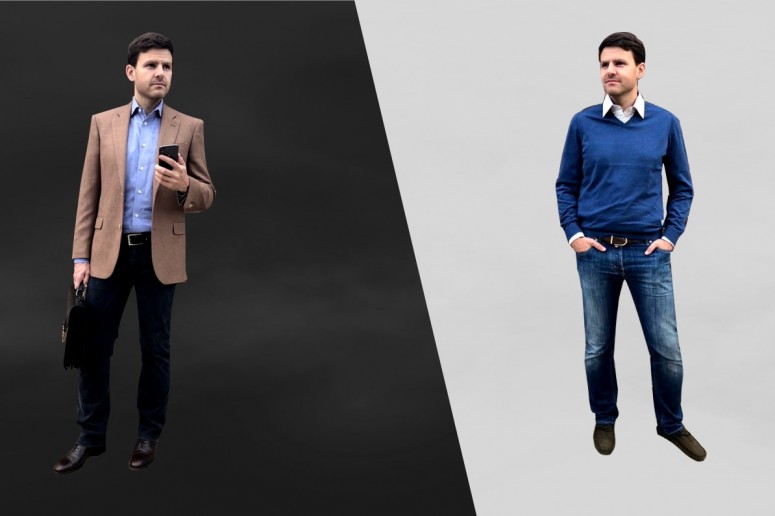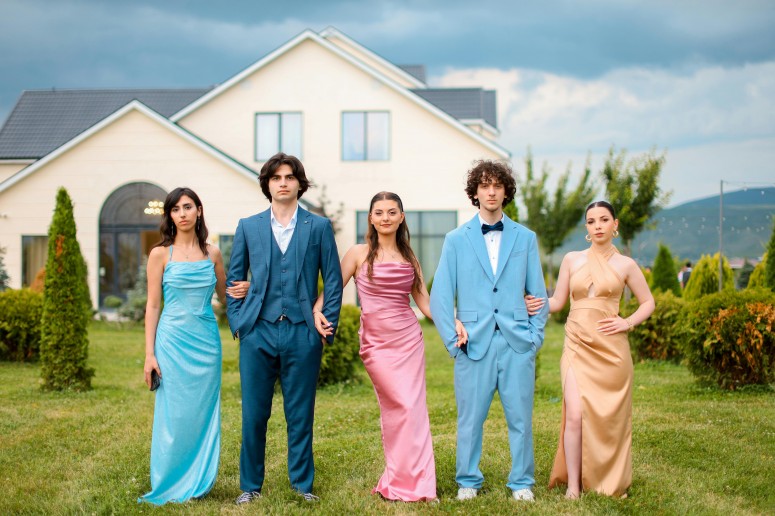Fashion is more than just clothing—it’s a powerful form of self-expression that reflects personality, emotions, and even social status. The way we dress influences not only how others perceive us but also how we feel about ourselves. Understanding the psychology of fashion can help you make intentional wardrobe choices that align with your identity and goals.
1. First Impressions: What Your Clothes Say About You
People make snap judgments based on appearance, and your outfit plays a crucial role in shaping these first impressions. Whether you’re dressing for a job interview, a date, or a casual outing, your clothing can send subtle yet powerful messages.
Examples of First Impressions:
-
Professional Attire: Suits, blazers, and polished shoes signal competence, authority, and credibility.
-
Casual Wear: Jeans, t-shirts, and sneakers suggest approachability and relaxation.
-
Bold Fashion Choices: Bright colors, unique prints, or statement pieces indicate creativity and confidence.
2. Color Psychology in Fashion
Colors evoke emotions and can influence both how you feel and how others perceive you. Choosing the right colors can enhance your mood and create a lasting impression.
Color Meanings:
-
Red: Passion, power, and energy.
-
Blue: Trustworthiness, calmness, and professionalism.
-
Black: Sophistication, mystery, and authority.
-
White: Purity, simplicity, and elegance.
-
Yellow: Optimism, warmth, and happiness.
-
Green: Balance, growth, and harmony.
3. The Connection Between Fashion and Confidence
What you wear can significantly impact your confidence and self-esteem. When you dress in a way that aligns with your personality and makes you feel good, you naturally carry yourself with more assurance.
Tips to Boost Confidence Through Fashion:
-
Wear well-fitted clothing that complements your body shape.
-
Choose outfits that make you feel empowered.
-
Experiment with different styles until you find what resonates with you.
4. Fashion and Identity: Expressing Your True Self
Your wardrobe is an extension of your personality, values, and culture. Some people use fashion to embrace their heritage, while others use it to showcase their individuality.
Ways to Express Identity Through Fashion:
-
Incorporate traditional or cultural elements into your outfits.
-
Develop a signature style that represents your personal brand.
-
Use accessories to add a unique touch to your look.
5. The Influence of Fashion on Mood and Behavior
Psychologists have studied the concept of “enclothed cognition,” which suggests that what you wear affects your psychological processes and behavior. For example:
-
Wearing workout clothes can make you feel more motivated to exercise.
-
Dressing in formal attire can improve cognitive function and decision-making skills.
-
Comfortable clothing can enhance relaxation and productivity.
6. Social and Cultural Impact of Fashion
Fashion is deeply rooted in society and often reflects cultural values, historical trends, and social movements. What’s considered stylish varies across regions and generations, influencing how we present ourselves.
Cultural Fashion Influences:
-
Modest fashion trends in different cultures.
-
The rise of sustainable fashion and eco-conscious clothing.
-
Streetwear’s impact on mainstream fashion.
Final Thoughts
The psychology of fashion is a fascinating subject that goes beyond aesthetics. Your outfit has the power to shape your identity, influence your emotions, and affect how others perceive you. By making thoughtful wardrobe choices, you can harness the power of fashion to express yourself authentically and feel confident in every situation.
Next time you pick an outfit, ask yourself: What message do I want to send today? Fashion is your canvas—make it a masterpiece!
























